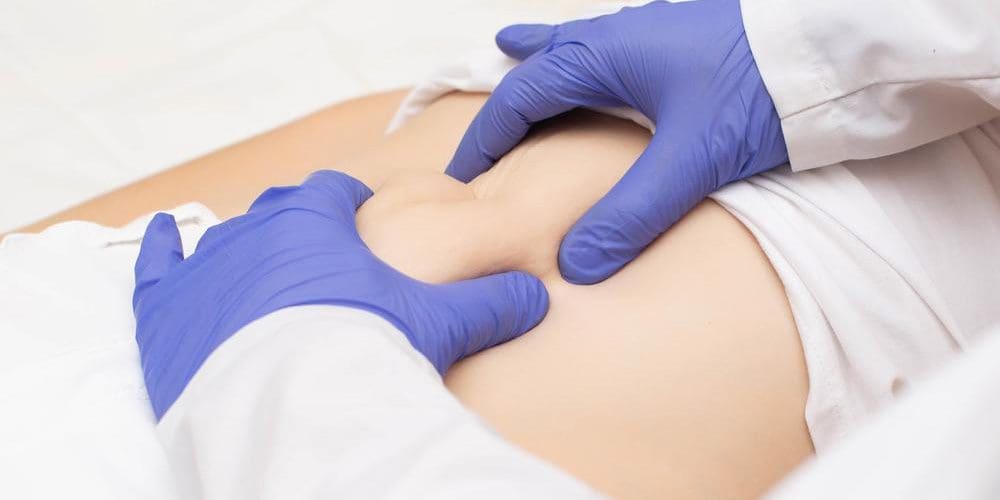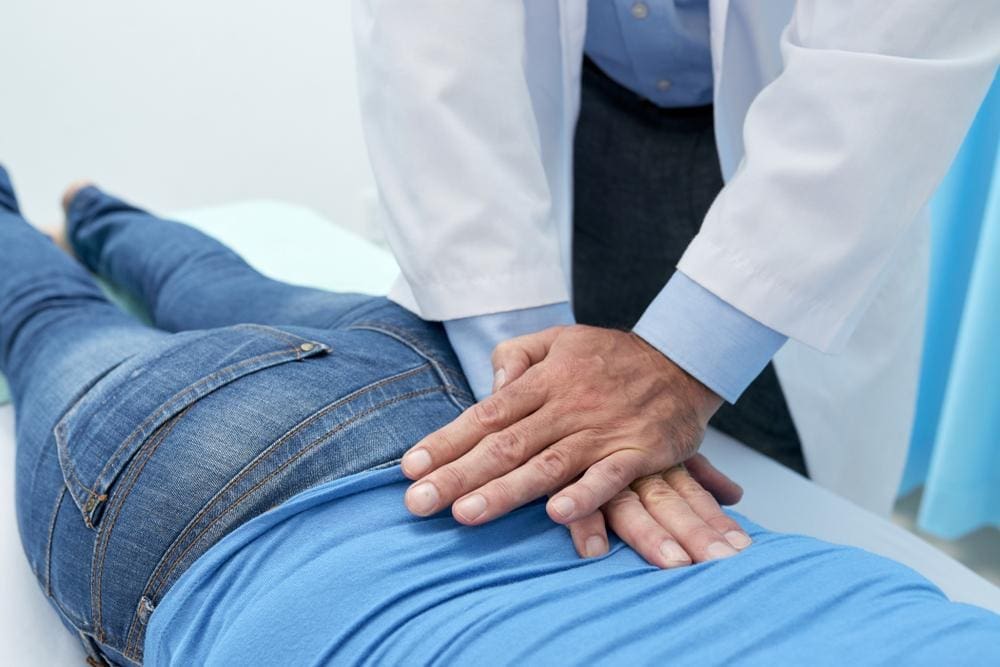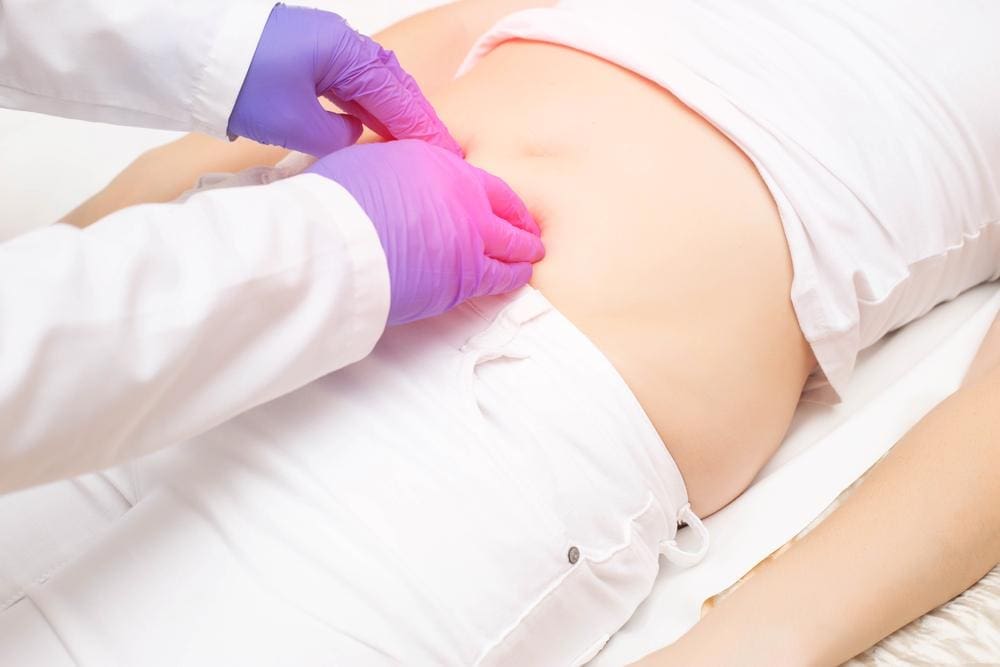
Chiropractic care supports health and general well-being. While it might not be the first thing you think of when it comes to healing an inguinal hernia, treatments can be very effective in helping you manage symptoms and avoid surgery.
Inguinal hernia occurs when soft tissue protrudes through a weakened area in the abdominal muscle. It creates a bulge in the groin area that may or may not cause pain. Sometimes pain only occurs when coughing, bending over, or lifting.
Inguinal hernias aren’t always severe or dangerous. However, it is potentially fatal if it doesn’t improve over time.
Symptoms of inguinal hernia include:
Chiropractic care is often focused on dealing with back and neck pain. However, treatments improve overall health. Since subluxations can enhance the strength of anterior abdominal wall muscles, they could prevent or reduce problems with inguinal hernias. Chiropractic care also promotes overall healing and wellness, giving your body its best chance at healing.
There are several things you can do to help you manage the symptoms and relieve the pain caused by an inguinal hernia. For example:
Maintaining proper body mechanics is crucial for individuals with inguinal hernias to prevent further strain on the weakened area. Chiropractors can educate patients about correct posture, body mechanics during activities, and lifting techniques to minimize the risk of exacerbating the hernia. They may also guide ergonomic modifications and recommend specific exercises to strengthen the abdominal muscles and support the hernia.
Chiropractic care focuses on the holistic well-being of individuals, which can complement the management of inguinal hernias. Chiropractors may provide nutritional counseling to promote a healthy diet rich in nutrients that support tissue repair and healing. Additionally, they may suggest lifestyle modifications such as weight management and stress reduction techniques to optimize overall health, which can indirectly contribute to the healing process.
There are several things a chiropractor can do to help ease the issues caused by an inguinal hernia. For example:
1. Manual Adjustments: Chiropractic manual adjustment, also called spinal manipulation, is when the chiropractor uses a small instrument or their hands to apply controlled force to the spine to push it beyond its current range of motion. The goal is to improve spinal mobility and overall physical function. You might hear a cracking or popping sound during the procedure, which is normal.

2. Soft tissue therapies: Soft tissue therapy is a manual therapy used to:
3. Rehabilitation Exercises: Your chiropractor will likely help you with exercises in-office to correct and restore neuromusculoskeletal functioning. They might also recommend exercises you can do at home. The goals of rehab exercises include:
It is essential to note that while chiropractic care can offer supportive benefits for individuals with inguinal hernias, it should be used as part of a comprehensive treatment plan that includes medical evaluation, diagnosis, and treatment by a qualified healthcare professional.
Surgical intervention may sometimes be necessary to repair the hernia, and chiropractic care should not be considered a replacement for medical intervention when required. Always consult healthcare providers to determine the most appropriate approach for your specific condition.
Maybe. Small hernias that don’t cause any discomfort might not require treatment. Sometimes treatment is as simple as massaging the hernia back into place.
Sometimes doctors recommend surgery for hernia repair. However, there are other options. If your hernia is small and relatively painless, it’s best to try other treatment options, including chiropractic care which could help you avoid surgery.
Yes. You can live with it as long as the hernia isn’t causing pain or other complications. Treatments, including chiropractic care, can prevent the hernia from worsening.
Inguinal hernias can eventually become dangerous because they tend to keep getting larger. This forces your intestine to get trapped inside the bulge and lose its blood supply.

Sometimes. For most people, surgery should be the last resort. If the hernia isn’t causing severe pain or interfering with your ability to enjoy life, it’s best to try other treatments and avoid surgery.
Inguinal hernias usually occur over time when there is increased pressure on the walls of the abdominal muscles. The most common causes include:
People with a family history of inguinal hernia might have a higher risk of inguinal hernia. Premature babies are also at higher risk.

© Accident Care Chiropractic | Hablamos Español
Located in: North Portland, NE Portland, SE Portland, Gresham, Clackamas, Oregon City, Hillsboro, Bethany, Beaverton, Tigard, Forest Grove, Woodburn,
McMinnville, Keizer, Salem, South Salem, Bend, Springfield, Vancouver, Hazel Dell, East Vancouver, Pasco, Kennewick, Lakewood.
We Specialize in Car Accident Treatment & Recovery
Home | About Us | Testimonials | Blog | Sitemap | Privacy Policy | Services | Locations | Contact Us